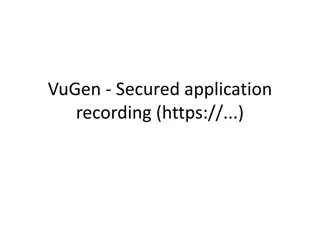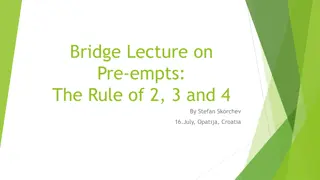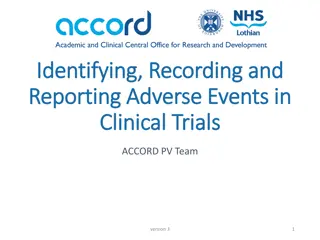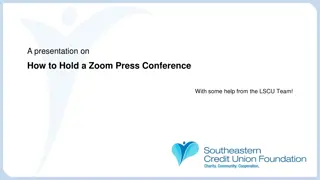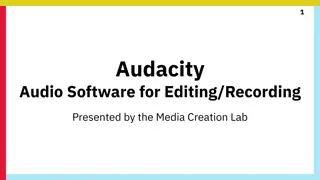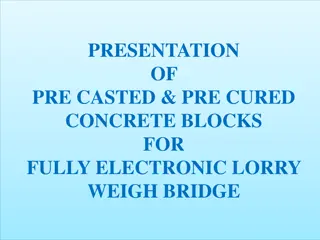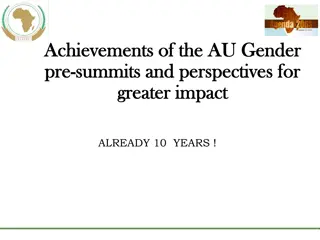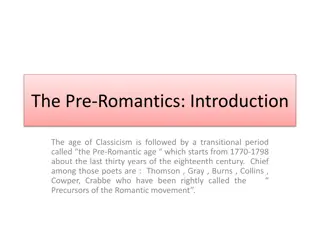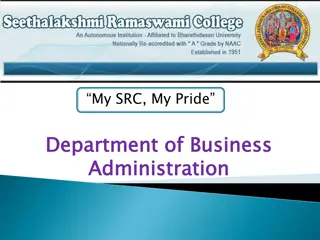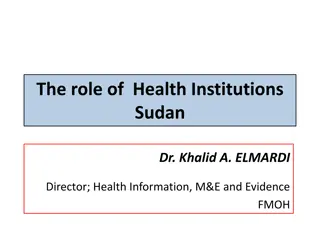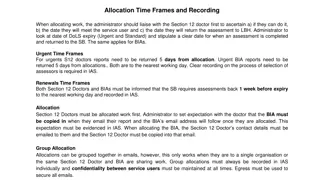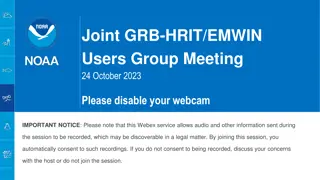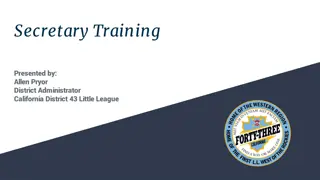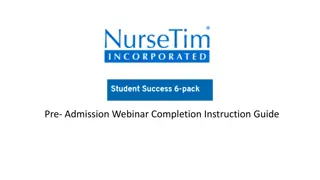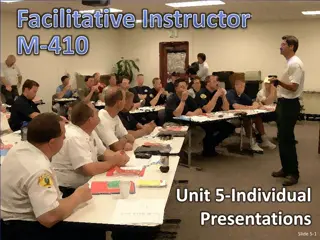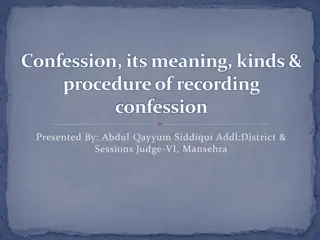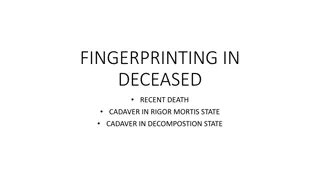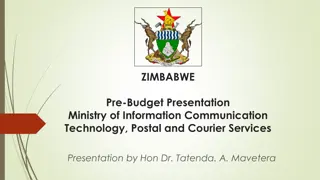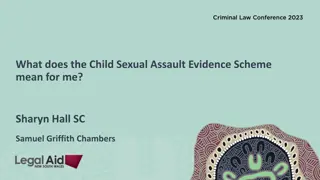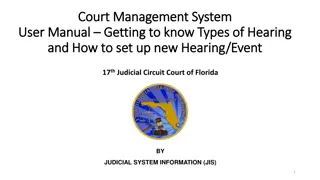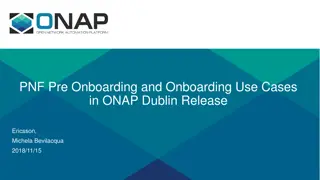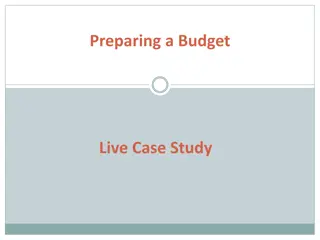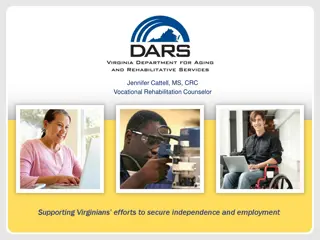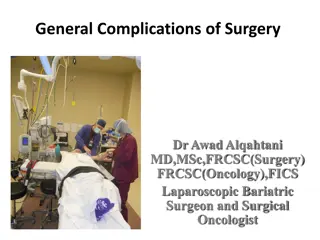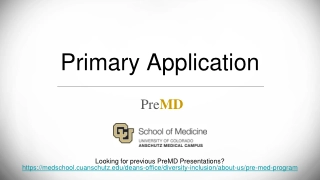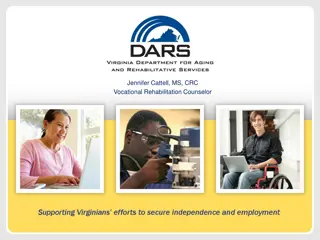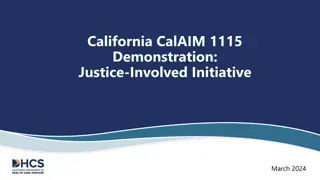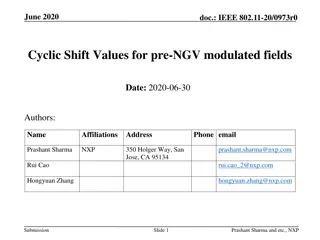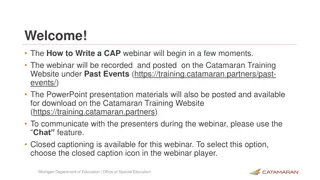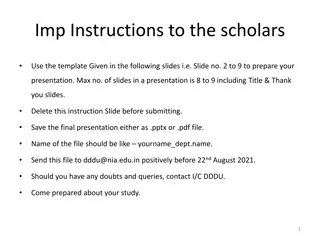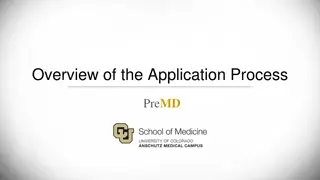Pre-Recording Your Presentation: Guide and Case Study
Learn how to pre-record your presentation effectively in this guide, including important tips and a case study. Explore conflict of interest disclosure requirements, case history, physical examination, investigations, and results/treatment options. Ensure your presentation is engaging and informative with clear visuals and relevant content. Questions to ask the faculty/audience are provided to enhance interaction and discussion.
Download Presentation

Please find below an Image/Link to download the presentation.
The content on the website is provided AS IS for your information and personal use only. It may not be sold, licensed, or shared on other websites without obtaining consent from the author. Download presentation by click this link. If you encounter any issues during the download, it is possible that the publisher has removed the file from their server.
E N D
Presentation Transcript
Title Name of participant Affiliation Please use this guide to pre-record your presentation: Recording a presentation The duration of the presentation should be 5 minutes maximum. Please include questions to ask the faculty/audience. Please make sure that the case does not contain any patient data.
Conflict of interest disclosure I have no real or perceived conflicts of interest that relate to this presentation. I have the following real or perceived conflicts of interest that relate to this presentation: Affiliation / Financial interest Grants/research support: Commercial Company Honoraria or consultation fees: Participation in a company sponsored bureau: Stock shareholder: Spouse / partner: Other support / potential conflict of interest: This event is accredited for CME credits by EBAP and EACCME and speakers are required to disclose their potential conflict of interest. The intent of this disclosure is not to prevent a speaker with a conflict of interest (any significant financial relationship a speaker has with manufacturers or providers of any commercial products or services relevant to the talk) from making a presentation, but rather to provide listeners with information on which they can make their own judgments. It remains for audience members to determine whether the speaker s interests, or relationships may influence the presentation. The ERS does not view the existence of these interests or commitments as necessarily implying bias or decreasing the value of the speaker s presentation. Drug or device advertisement is forbidden.


